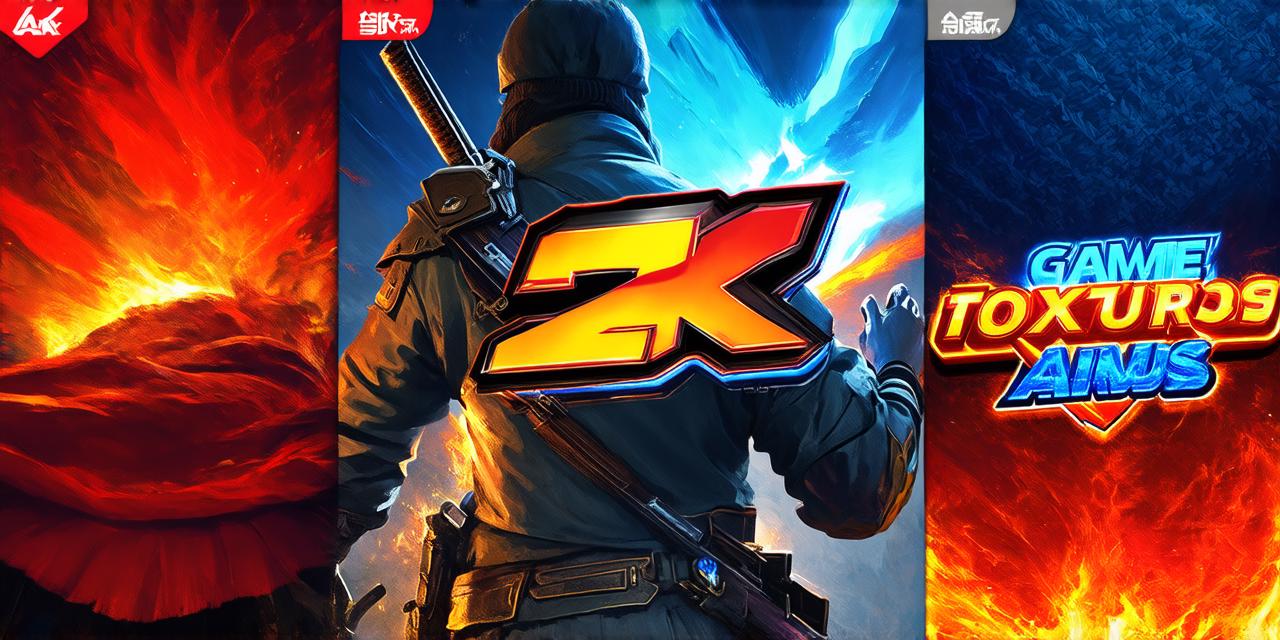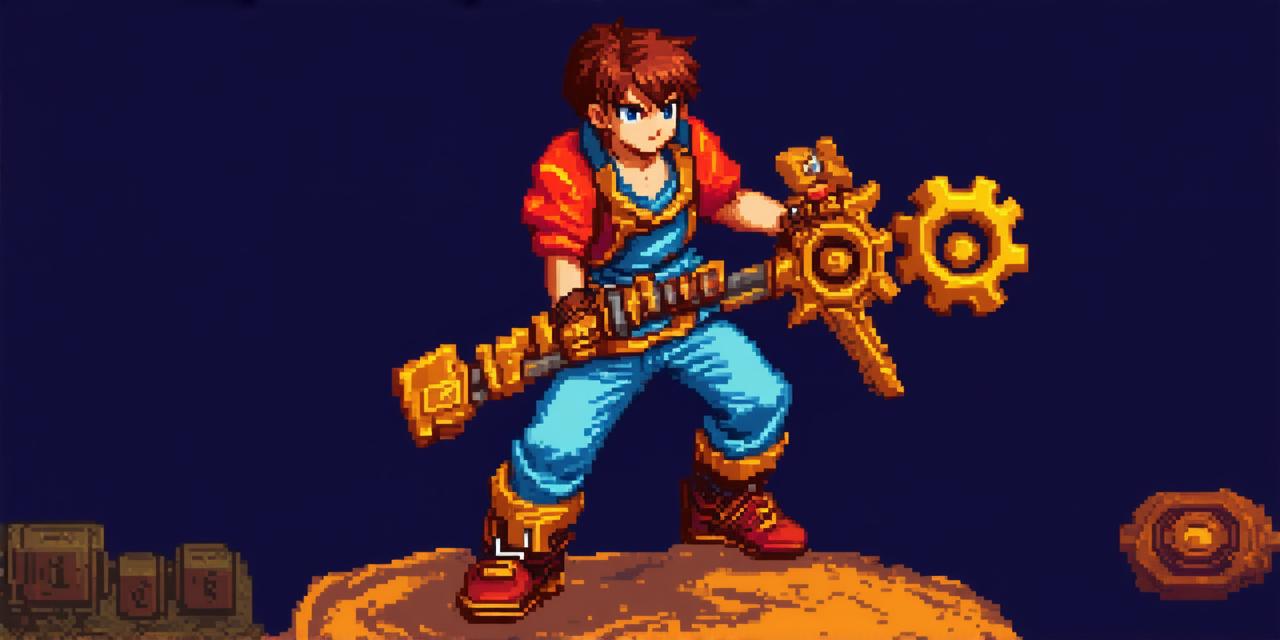Game development is a field that requires a unique combination of creativity, technical skills, and business acumen. With the growing popularity of video games and the increasing demand for skilled game developers, many people are turning to this exciting career path. However, mastering game development can be challenging. In this article, we will explore some ways to help you master game development, including case studies, personal experiences, expert opinions, and real-life examples.
1. Start with the basics: Understanding programming languages
Before diving into game development, it’s important to have a solid foundation in programming. There are several programming languages that are commonly used in game development, including C++, Java, C, Python, and JavaScript. Each of these languages has its own strengths and weaknesses, so it’s essential to choose one and become proficient in it.
One way to do this is by enrolling in a programming course or bootcamp. Many online platforms offer courses that cover the basics of programming, such as Codecademy, Udemy, and Coursera. These courses typically include interactive lessons, quizzes, and projects to help you practice your skills.
Another option is to find a mentor or work with a team of experienced developers. By working alongside experienced professionals, you can learn from their mistakes and get valuable feedback on your progress.
2. Learn game engines: Understanding the tools of the trade
A game engine is a software framework that provides developers with a set of tools to create games. Game engines include Unity, Unreal Engine, CryEngine, and Godot, among others. Each engine has its own strengths and weaknesses, so it’s essential to choose one that fits your needs and preferences.
One way to learn a game engine is by enrolling in an online course or bootcamp. Many of these courses include step-by-step tutorials, hands-on projects, and assignments to help you master the tools and concepts of game development.
Another option is to find online resources such as forums, blogs, and video tutorials to supplement your learning. There are also many free assets available online that can be used to create games without having to write any code.
3. Practice, practice, practice: Building your portfolio
One of the best ways to master game development is by practicing regularly. The more you build and create games, the more experienced you will become.

One way to do this is by building small games from scratch. By starting with simple projects, you can learn the basics of game development without getting overwhelmed. As you gain experience, you can then move on to more complex projects and expand your portfolio.
Another option is to participate in game jams or hackathons. These events provide a deadline-driven environment where developers can collaborate on creating games within a set timeframe. Participating in these events can help you develop your skills under pressure and learn from other experienced developers.
4. Join the community: Connecting with others in the industry
The game development community is a supportive and vibrant group of people who are passionate about creating games. By joining online forums, attending conferences and meetups, and connecting with other developers on social media, you can learn from their experiences and get valuable feedback on your work.
One way to do this is by joining online communities such as Reddit’s r/learnprogramming or Stack Overflow. These communities are filled with experienced developers who are willing to help newcomers with their questions and provide guidance on their journey.
Another option is to attend game development conferences and meetups. These events provide an opportunity to network with other developers, learn about the latest trends in the industry, and get valuable feedback on your work.
Case Study: How one developer became a master of game development
John was a high school student who always had a passion for video games. He spent countless hours playing games and dreaming of creating his own. However, he didn’t know how to start.




